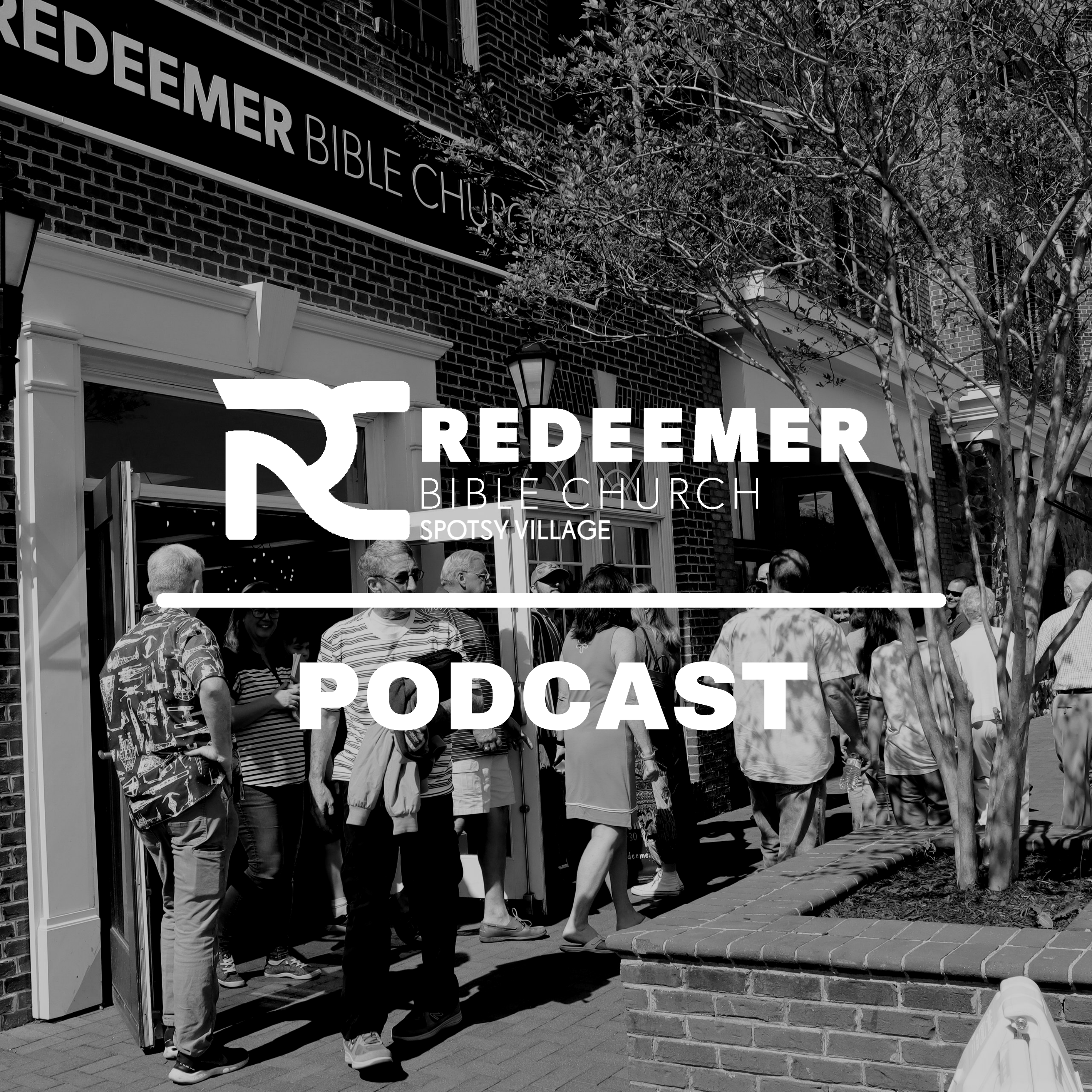Doing Good
“Brothers, pray for us.”
1 Thessalonians 5:25
It’s right that we pray for each other’s needs. It’s right that we ask God to intervene for good in each other’s lives. This is part of how we care for each other. Maria and I thank you for your many prayers for Myla over the past weekend. It was a roller coaster ride of two hospital visits, family helping, flights, and another brain surgery, but our Myla is home now and recovering well. An answer to our prayers! We praise the Lord for His mercy and for the loving kindness of the church, family, and friends.
No one wants to go to a children’s specialty hospital, because it means something bad is wrong with your child. This is now the second time we have spent days at Children’s National Hospital in Washington, DC. We are always impressed with the level of medical care our child receives there, but we are also very impressed with the level of kindness, consideration, empathy, initiative, and hope that we find there. Each person – from the parking attendant to the neurosurgeon – clearly want to be there and is actively looking to serve and bless the patients of the hospital. It’s unmistakable and leaves an impression. For a place that marks so much tragedy of child disease and brokenness, the staff of this place does whatever they can to help – and they do help!
This very much set me to thinking about our lives everyday in the world, and our church in the community. Every week we encounter people that live broken lives, and every week people come through the doors of Redeemer that are struggling, weighed down with all manner of difficulty and brokenness. How do you interact with people every day? How do you interact with people at the church, especially people you don’t know? Are you intentionally working to carry out the rule of Christ to “do unto others as you would have them do unto you” (Matthew 7:12). Are you actively living with kindness, courtesy, and thoughtfulness for Jesus’ sake? In this harsh and angry world, if you choose to live with intentional kindness and courtesy, you will stand out!
I challenge you to consider some of these basic Christian ways of living and prayerfully strive to live them out this week in public, in the home, at work, and at church:
- When you come to a narrow place, don’t press to be first. In deference, let the other person go first – and do it with a smile!
- When you have the chance to open a door, or hold the door, for another person do it – with a smile.
- Speak kindly to the people you encounter. Seldom is a harsh word truly necessary. Be one that deescalates tense situations.
- Greet people you pass with a sincere “Good morning!,” “Good evening!,” etc. …
- Drive with patience, not aggression – especially if you have a church sticker on your car!
- Truly listen when people are speaking to you. It’s better to have a few meaningful conversations, than more meaningless brief encounters.
- Show care and concern for the struggles of those you directly encounter. You don’t have to have the right words if your heart truly cares.
- Do small acts of kindness to show you care – meals, gift cards, phone calls, notes, etc. They all matter.
- Treat food service and retail workers with respect and kindness. Too often our impatience causes us to be harsh with people in these lines of work.
- In public spaces, show kindness and respect by picking up after yourself. If you make a big mess and leave it for others to clean up, that’s the opposite of kindness and respect.
- Give people the benefit of the doubt. Don’t start off assuming the worst about a person. Be filled with hope.
In a basic way, these things all flow from basic Christian character. They are basic outworking’s of the fruit of the Holy Spirit: love, joy, peace, patience, kindness, goodness, gentleness, faithfulness, and self- control (Galatians 5). The world walks in some of these ways by the common grace of God, but Christians should LEAD in these ways by example. Common daily courtesy is surely a foundation for greater godliness. If we cannot walk in these ways, greater godliness will not come.
May we lay a strong foundation of care and love. May Redeemer be known by all who enter that we are a people who overflow with these things, because we are full of the graces of the Holy Spirit of God.
Praise the Lord for hearing our prayers,
Pastor Vic



